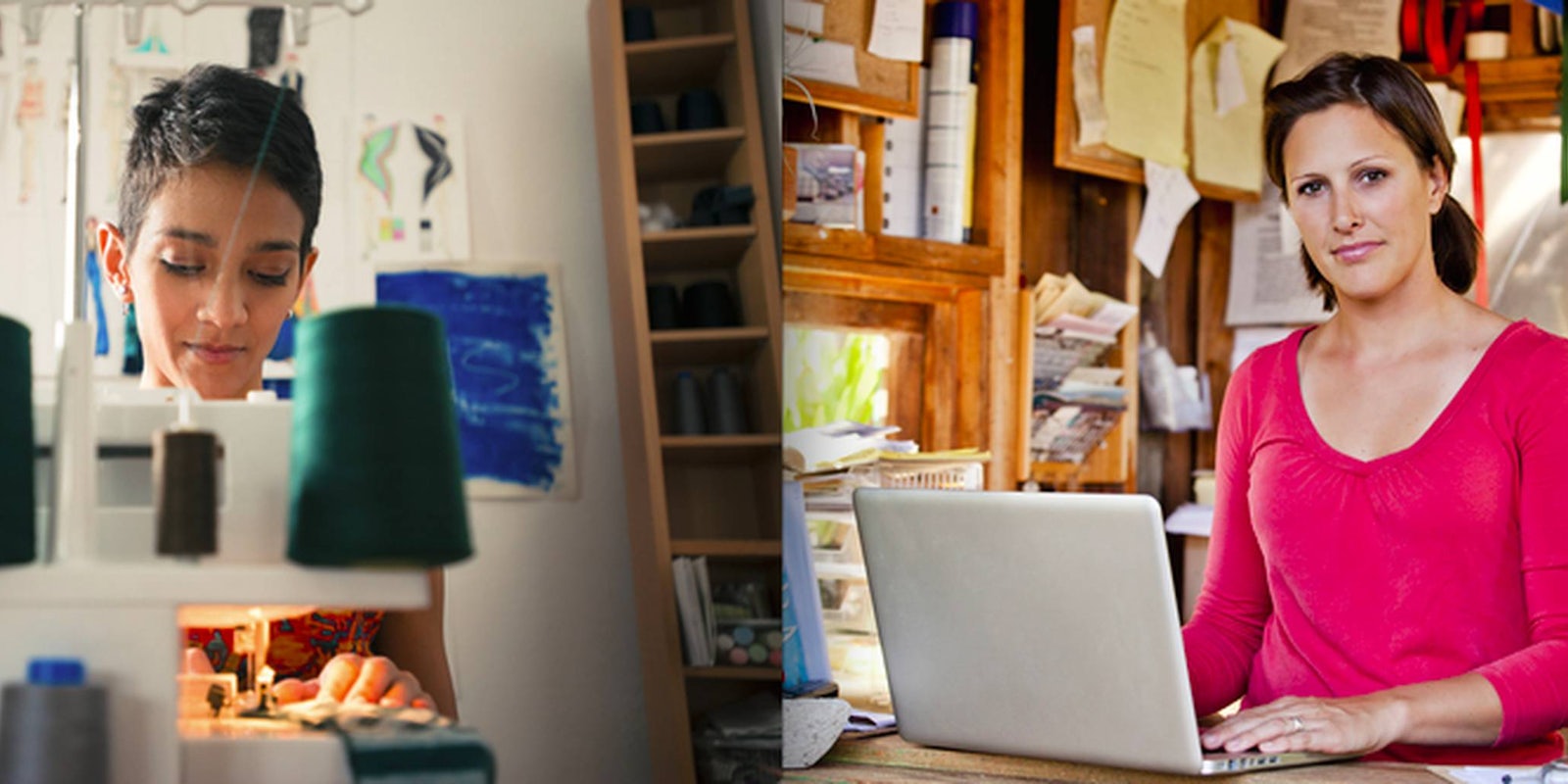When FreeFrom Founder and CEO Sonya Passi speaks about domestic violence, she chooses her words carefully. “Every day that you are living and breathing in that situation you are a survivor,” Passi told the Daily Dot.
“The term ‘victim’—I understand why it needs to be used, particularly in criminal cases, you need to know who the victim is and who the abuser is—but the term ‘victim’ doesn’t do justice to what it really is to be living in that position. If someone is with an abuser, we call them a victim. If someone has left, [we] call them a survivor, but I think it’s more than that. If you are living through it, you are a survivor.”
Passi, 28, has been think about—and advocating for—survivors for a long time. She started by hosting a domestic-violence-awareness week at her high school when she was 15. Now she’s a lawyer in California who works with survivors to win custody battles. And even more recently recently, she founded FreeFrom, a grassroots organization that offers survivors legal services to seek financial damages from their abusers, as well as extensive training and support to achieve total financial independence.
“The No. 1 reason survivors stay is that they can’t afford to leave—they don’t have a way to support themselves if they leave,” she said.
Though many believe that survivors of abuse are hesitant to leave dangerous situations because they are blinded by love, Passi says that’s a far cry from reality. Emotional aspects of abuse can lead survivors to feel worthless and disempowered, but it’s monetary constraints that make escape nearly impossible for even the most resilient survivors. As a lawyer, she has seen the impact financial instability has had on her clients. “One of the main reasons survivors loose custody is because they are financially insecure,” Passi said.
To alleviate some of that pressure, FreeFrom has launched the 500 Founders campaign, which has quickly gained traction and support from major women’s rights activists like Gloria Steinem.
The goal is simple, but ambitious: Bring 500 women in tech, finance, and business together to donate $500 apiece. The proceeds will fund FreeFrom’s small-business incubator program, which trains and mentors survivors of abuse so that they can launch their own small businesses. “It’s an opportunity not just to give money, but to share skills and expertise,” said Passi.
The 12-month program is comprehensive, offering survivor-entrepreneurs pro bono services, including business planning, financial training, legal services, childcare, mentorship, and counseling.
But Passi realizes that survivors aren’t going to easily slide right into entrepreneurship; she’s aware that the obstacles the program must tackle are both practical and psychological. “It’s kind of like if someone had been incarcerated,” Passi said. “You don’t expect them to be able to adapt [immediately].”
Survivors of abuse might be plagued by bad credit or lack access to childcare, as well as grapple with feelings of inadequacy and low self-worth. Passi explained, “Abuse is designed to make you feel tiny and worthless… We have to offer counseling. I think anyone starting a business should have access to a therapist and [when you] couple that with being a survivor, all the messages of the abuse—‘You’re not good enough’ and ‘Who do you think you are?’—are going to come up.”
In exchange for the services they receive, the survivor-entrepreneurs agree to employ other survivors of abuse. “[Employing other survivors] provides community,” said Passi. Abusers often cut survivors off from any potential lifelines or escape routes they may have. By employing other survivors, participants in the incubator program can become part of a wider community of women with shared experiences who, Passi hopes, can overcome any lingering feelings of isolation or despair.
Passi is also looking forward to sharing success stories from the program and showing those living in abusive situations that there is another way. “Domestic abuse is the leading cause of homelessness [among women and children] in this country… We want to spotlight these stories and say, ‘If you leave, homelessness isn’t your only option,” she said.
Ultimately, Passi hopes to change the narrative surrounding abuse. “There’s a belief that survivors are weak, broken, frail, and that’s a myth,” Passi explained.
Passi is confident that survivors are far stronger than the typical downtrodden images mainstream media would have us believe. “This campaign is built on the theory that if you are a survivor of domestic violence, the resilience, strategic-thinking, determination, and strength you have to have are the same skills we see in Fortune 500 CEOs every day. Survivors have these in bucket loads.”
